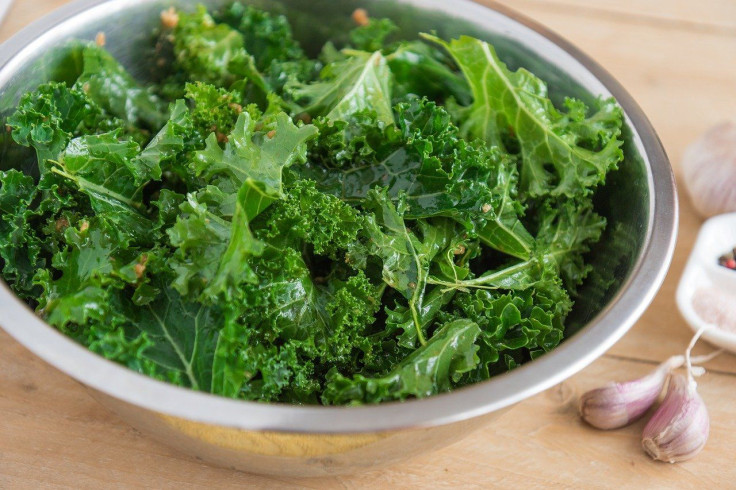Can Babies React To Tastes Inside The Womb? This Veggie Made Them Frown
KEY POINTS
- Researchers took 4D ultrasounds to see fetuses' reaction to flavors
- Some of the mothers had carrots while others had kale
- The fetuses made the "laughter face" and "cry face" in response to the veggies
Can babies already taste and smell while they're still in the womb? It seems they can. Researchers have also found which veggie made them do a "cry face."
The question of whether babies can taste or smell in the womb has been around for a long time. However, studies have only tackled this question "postnatally," or when the babies are already born, researchers noted in a paper published Wednesday in the journal Psychological Science.
The team behind the latest study tried to answer this question by looking at babies' reactions while they're still in the womb. To do this, they took 4D ultrasound scans of 100 pregnant women to see how the fetuses (at 32 and 36 weeks) reacted when the moms ate two specific foods: carrots and kale.
"A human fetus can display facial movements (FMs) ascertained by the mobilization of individual facial muscles," the researchers wrote. "Because these two flavors do not share the same flavor profile, we expected to observe different FM profiles in kale-exposed fetuses and carrot-exposed fetuses."
The mothers didn't consume anything an hour prior to the scan and were also asked to not consume anything with kale or carrot on the day of the scan, a news release from Durham University noted. They were then given either a carrot or kale capsule so as to avoid "degradation of the flavors before the absorptive digestive process," and were made to undergo scans 20 minutes later.
A control group of pregnant women who were not exposed to either of the veggies was also scanned.
Researchers found that kale and carrots stimulated reactions in the fetuses compared to the fetuses in the control group. Specifically, the "laughter face" was observed more frequently in fetuses exposed to carrots compared to the other two groups, while the "cry face" was observed more frequently in fetuses exposed to kale.
An image shared by the researchers shows the fetus response to kale exposure, with "a" being the baseline photo and "b" showing the "cry face." Another photo shows the scans of a carrot-exposed fetus displaying a "laughter face" (b).
"(W)e report the first direct evidence of human fetal responsiveness to flavors transferred via maternal consumption of a single-dose capsule by measuring frame-by-frame fetal facial movements," the researchers wrote.
Not only does this provide evidence for a question that has been in the minds of many expecting parents, but also helps us better understand the "development of human oral and nasal chemoreception." Furthermore, it shows the importance of tastes even during pregnancy, which could possibly affect the babies' preferences when they're finally born.
"(W)e think that this repeated exposure to flavors before birth could help to establish food preferences post-birth, which could be important when thinking about messaging around healthy eating and the potential for avoiding 'food-fussiness' when weaning," said study lead researcher Beyza Ustun, of Durham University.
Now, the researchers are conducting a follow-up study with the same babies after their birth to see if the flavors they tasted in the womb actually influenced their food preferences.

© Copyright IBTimes 2024. All rights reserved.






















